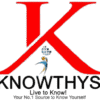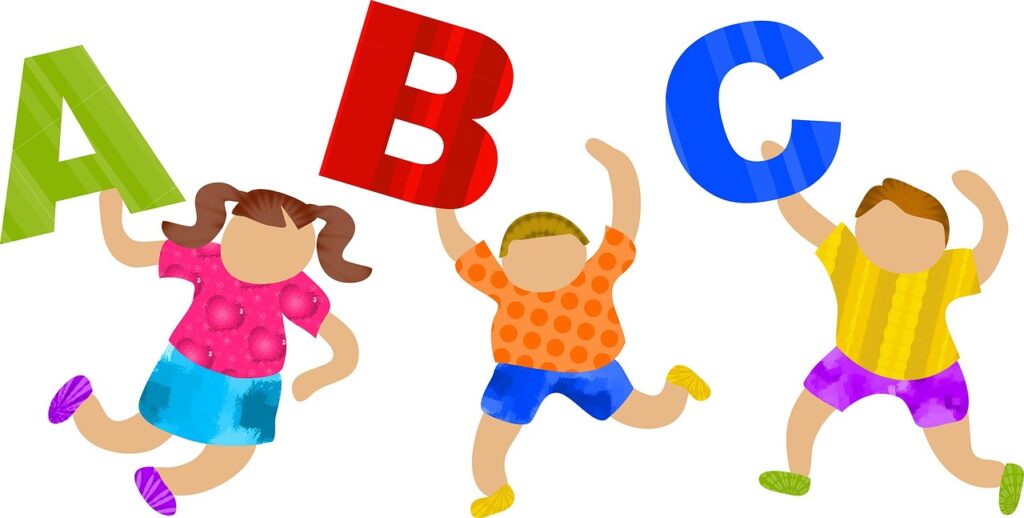Concept of Pre-School Education
In the history of modern education theory, the Concept of Pre-School Education according to one of the most influential thinkers, John Dewey.
John Dewey established a theory of education that required justification and explanation. A strategy of teaching, and his personal life, most importantly, was well connected to this theory. The requirements for his philosophy are an understanding of what constitutes a good society. Along with the right way of life and an acknowledgment that one of the conditions of life is change. He emphasized that the nature of wisdom, understanding, and intelligence is fundamentally moral. Even though he is no longer widely known, Dewey was a writer, professor, theorist, and philosopher. Whose ideas have had an impact on community and modern education throughout the twentieth century. He is most recognized and known as the pragmatist educationalist of that century. The teaching and writing of John Dewey, an American philosopher, and educator offer insightful influences on contemporary education, not only in the United States but also worldwide.
EARLY LIFE OF JOHN DEWEY
John Dewey was born on 20th of October, 1859 in Burlington, Vermont. Being a bright kid, he attended college at the University of Vermont at the age of 15 only! The Study of philosophy was mainly focused on Dewey at the University of Vermont. Dewey graduated with his bachelor’s degree in 1879. He then began his teaching career. He taught two years of high school in Oil City, PA, and one year of the elementary school in Charlotte, Vermont. In 1884, Dewey received his Ph.D. from Johns Hopkins University and immediately began his university teaching career at the University of Michigan.
Except for a one-year time at the University of Minnesota, most of the early career was spent by Dewey at there. In 1894, Dewey left for the University of Chicago, where he would become the head of the philosophy department. His work to develop much of his viewpoints, at The University of Chicago, that have lasted far beyond Dewey’s time. He would become a professor in 1904 and would retire in 1930 at Columbia University.
ASSESSMENT ON PRE-SCHOOL EDUCATION OF JOHN DEWEY
John Dewey was a solid defender for dynamic educational change. He trusted that education ought to be founded on the guideline of learning through doing. For example, He believed those students should be involved in real-life tasks and challenges:
- Math could be educated by means of learning extends in cooking or making sense of to what extent it would take to get starting with one spot then onto the next by donkey.
- History could be learned by encountering how individuals lived, geology, what the atmosphere resembled, and how plants and creatures developed were significant subjects.
Dewey’s view on child growth and education is illustrated by a description of his thoughts on children’s play and by an excursion to the kindergarten or “sub-primary” department of his laboratory school. Dewey rises up out of this discussion with a “pre-curricular”. Perspective on education for youthful kids and with amazing contentions for coherence among casual and formal education. In this pre-curricular view, education begins with ordinary solid beneficial encounters. These are the “unrefined beginnings” that will steadily develop into “achieved results” the more formal subjects and disciplines (Berding, 1999).
He discusses two major conflicting schools of thought regarding educational pedagogy. The first is fixated on the educational modules and spotlights exclusively on the topic to be instructed. Dewey talks about that the significant blemish in this technique is the dormancy of the understudy; inside this specific structure, “the tyke is essentially the youthful being who is to be developed; he is the shallow being who is to be extended”. He says that with the end goal for training to be best. Content must be exhibited in a manner that enables the understudy to relate the data to related involvements, along these lines developing the association with this new learning.
He also believed in an interdisciplinary curriculum or a curriculum that focuses on connecting multiple subjects. Where students are allowed to freely move in and out of classrooms as they pursue their interests and construct their own paths for acquiring and applying knowledge. The job of the educator in this setting is to serve more as a facilitator than a teacher. In Dewey’s view, the educator ought to watch the enthusiasm of the understudies. Watch the bearings they normally take, and after that fill in as somebody who creates critical thinking abilities.
Dewey’s down to business and majority rule way to deal with tutoring may not emerge as radical today. However, in the early and mid-1900s, his perspective on instruction was in logical inconsistency to a great part of the then-present arrangement of tutoring. Dewey’s methodology was really youngster focused. A tyke focused way to deal with instruction puts the accentuation of learning on the requirements and premiums of the tyke.
In Dewey’s view, kids ought to be permitted to investigate their surroundings. He was alarmed by many of the “child-centered” excesses of educational-school pedagogues. Who claimed to be his followers, and he discussed that too much reliance on the child could be equally detrimental to the learning process. In this second school of figured, “we should stand firm with the tyke and our takeoff from him. It is “HE” and not “the topic” which decides both quality and amount of learning”. As per him, the potential defect in this line of reasoning is that it limits the significance of the substance. Just as the job of the educator.
In order to rectify this dilemma, He advocated for an educational structure that strikes a balance between delivering knowledge. While also taking into account the interests and experiences of the student. He takes note of that “the kid and the educational programs are just two points of confinement which characterize a solitary procedure. Similarly, as two points characterize a straight line. So, the present viewpoint of the youngster and the certainties and facts of studies characterize guidance”.
It is through this thinking Dewey ended up a standout among the most well-known advocates of hands-on learning or experiential instruction, which is identified with, however not synonymous with experiential learning. He battled that “if data begins from the impressions made upon us by typical things. It is hard to acquire learning without the usage of articles which move the mind”. Dewey’s thoughts proceeded to impact numerous other compelling experiential models and backers. Problem-Based Learning (PBL), for example, a method used widely in education today, incorporates Dewey’s ideas pertaining to learning through active inquiry.
In Democracy of Education (Dewey, 1916) School and also in The Society (Dewey, 1899). Dewey claims that rather than preparing citizens for ethical participation in society. Schools cultivate passive pupils through an emphasis on the dominance of actualities and training of bodies. Rather than preparing students to be reflective, autonomous and ethical beings capable of arriving at social truths through critical and intersubjective discourse, schools prepare students for docile compliance with authoritarian work and political structures, discourage the pursuit of individual and communal inquiry, and perceive higher learning as a monopoly of the institution of education.

